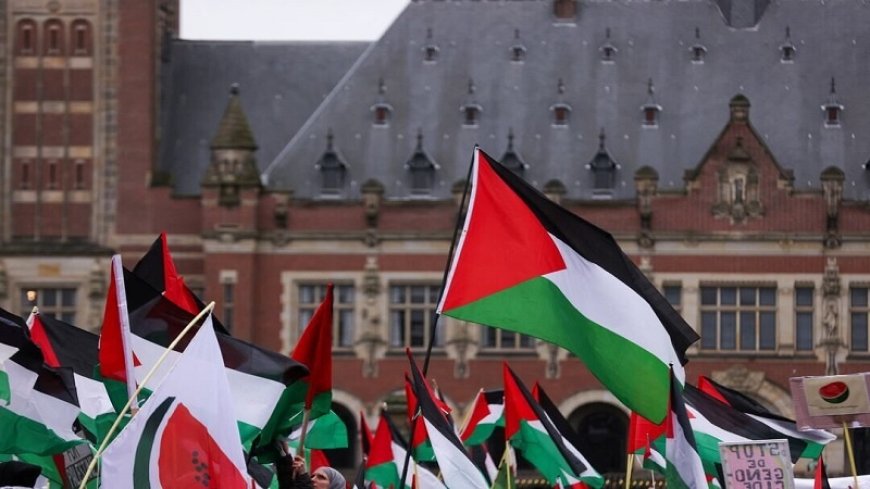International Court of Justice Rules Israeli Presence in Occupied Territories Illegal
The International Court of Justice (ICJ) has issued a landmark ruling declaring Israel’s presence in the occupied Palestinian territories as illegal. The decision, released on Friday, marks a significant moment in international law regarding the Israeli-Palestinian conflict.

The International Court of Justice (ICJ) has issued a landmark ruling declaring Israel’s presence in the occupied Palestinian territories as illegal. The decision, released on Friday, marks a significant moment in international law regarding the Israeli-Palestinian conflict.
Composed of 15 judges from around the world, the ICJ’s ruling specifically addresses the construction and expansion of Israeli settlements in the West Bank and East Jerusalem. The Court has deemed these actions as a violation of international law, calling for an immediate cessation of settlement activities and an end to Israel's occupation of these areas.
According to the statement, Israel’s policies in the West Bank and East Jerusalem, including the expansion of settlements and annexation efforts, constitute an abuse of its position as an occupying power. The ruling emphasizes that these actions contravene Article 49 of the Fourth Geneva Convention, which prohibits the transfer of an occupying power’s civilian population into the territory it occupies.
The ICJ expressed “serious concern” about the ongoing expansion of Israel’s settlement policy, stating that such practices are “incompatible” with its obligations under international law. The Court also criticized Israel's exploitation of natural resources in the occupied territories, describing these actions as a breach of its responsibilities as an occupying power.
In addition to this ruling, the ICJ is concurrently investigating allegations of genocide related to Israel’s military operations in Gaza. This inquiry follows a devastating 10-month military offensive by Israel in Gaza, which has raised significant international concern and condemnation.
The ICJ’s decision underscores the increasing international scrutiny of Israel’s policies in the occupied territories. The ruling is expected to influence global diplomatic efforts and could impact future negotiations and peace initiatives aimed at resolving the Israeli-Palestinian conflict.
The United Nations and various international bodies have long criticized Israeli settlement activities, which are viewed as obstacles to achieving a two-state solution and enduring peace in the region. This ICJ ruling adds a new layer of legal authority to these criticisms, potentially amplifying calls for accountability and changes in Israeli policy.
In response to the ruling, Israeli officials have denounced the decision, arguing that it fails to account for the complex security and historical dimensions of the Israeli-Palestinian conflict. The Israeli government has also maintained that its settlement activities are necessary for security and historical reasons.
As the international community continues to grapple with the implications of the ICJ’s ruling, the focus remains on how this decision will shape future diplomatic and legal efforts to address the ongoing conflict and the broader issues of international law and human rights in the region













































